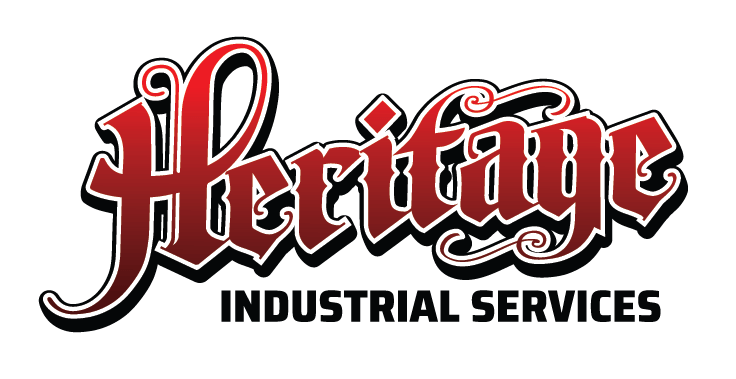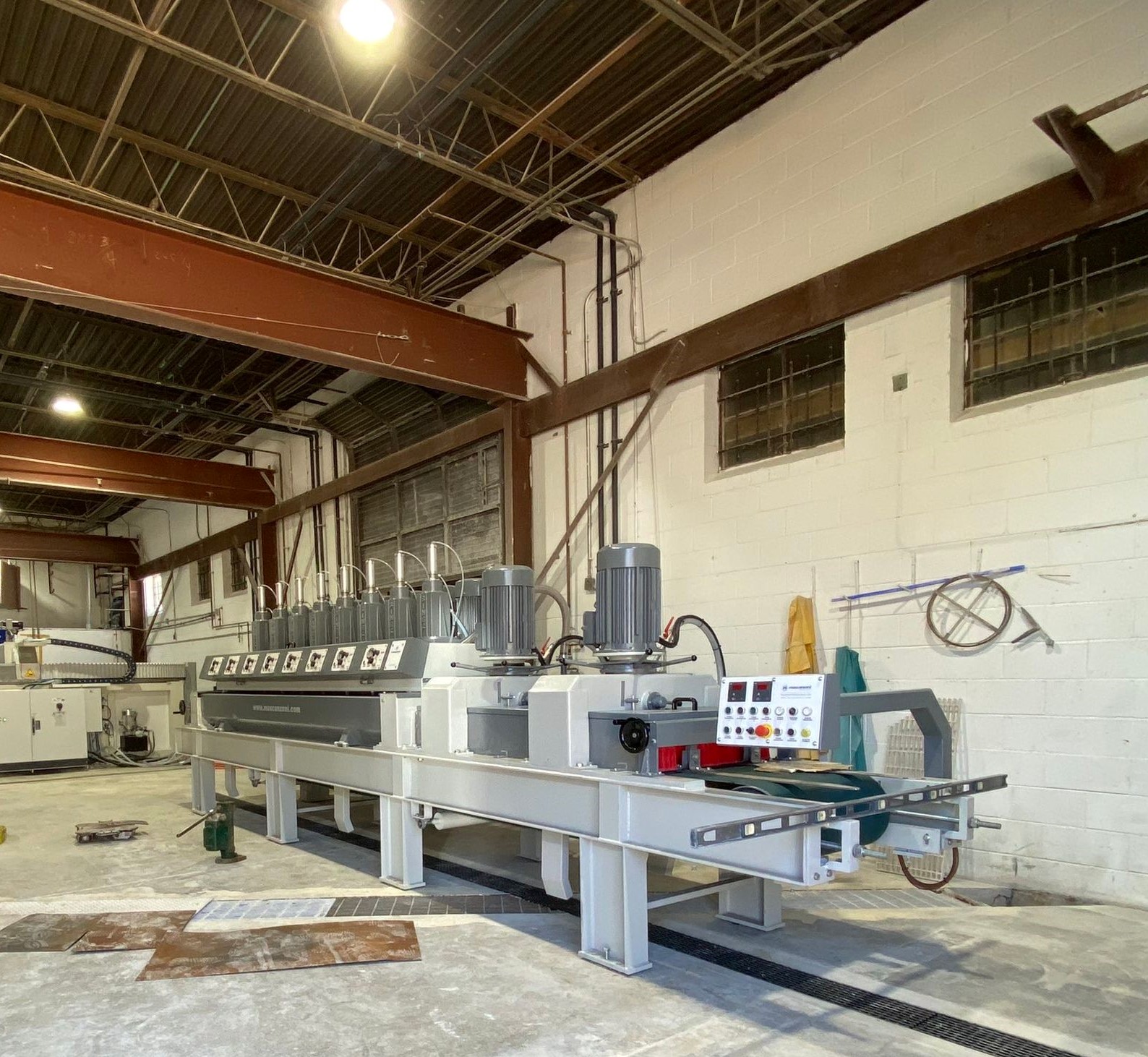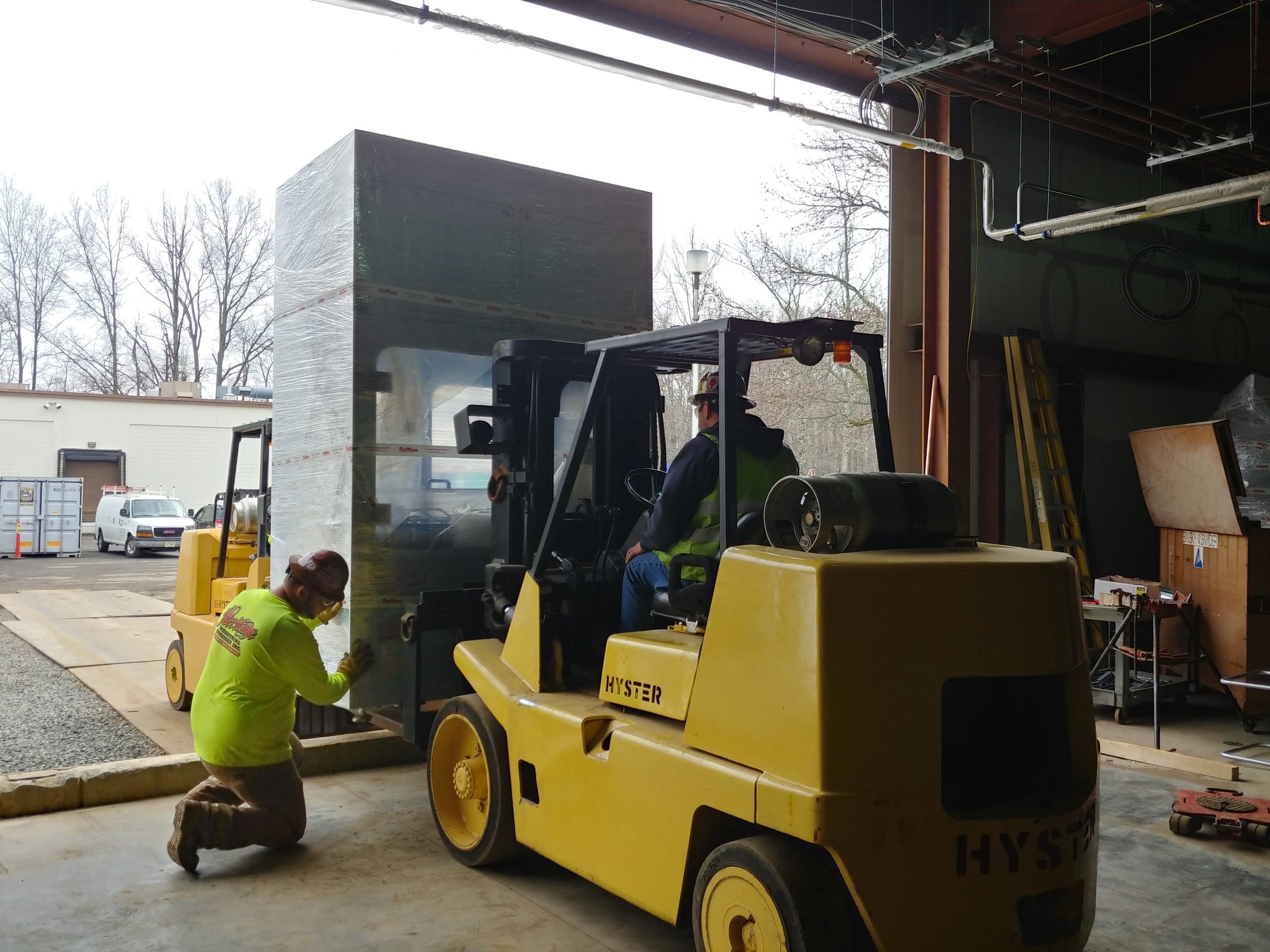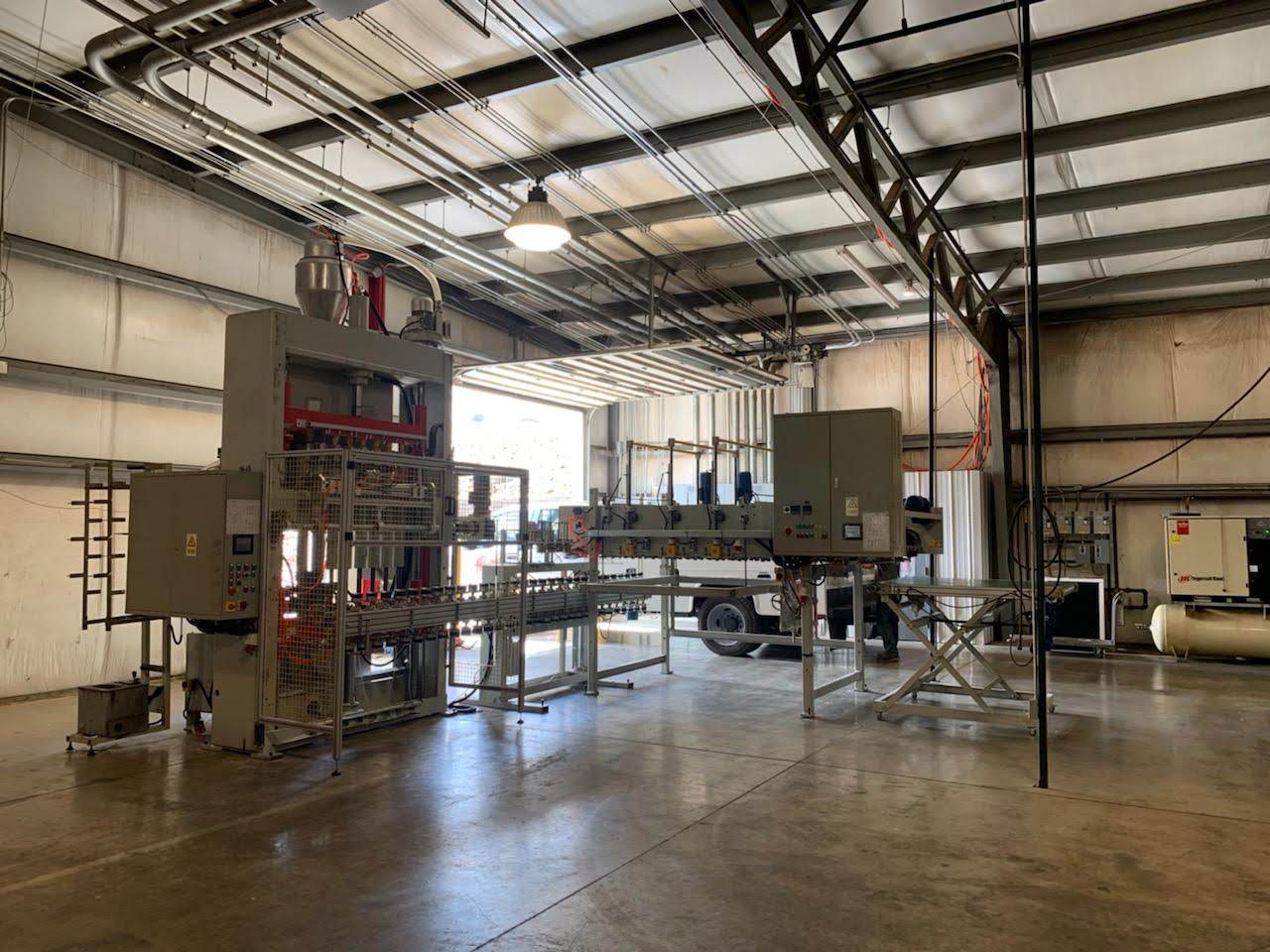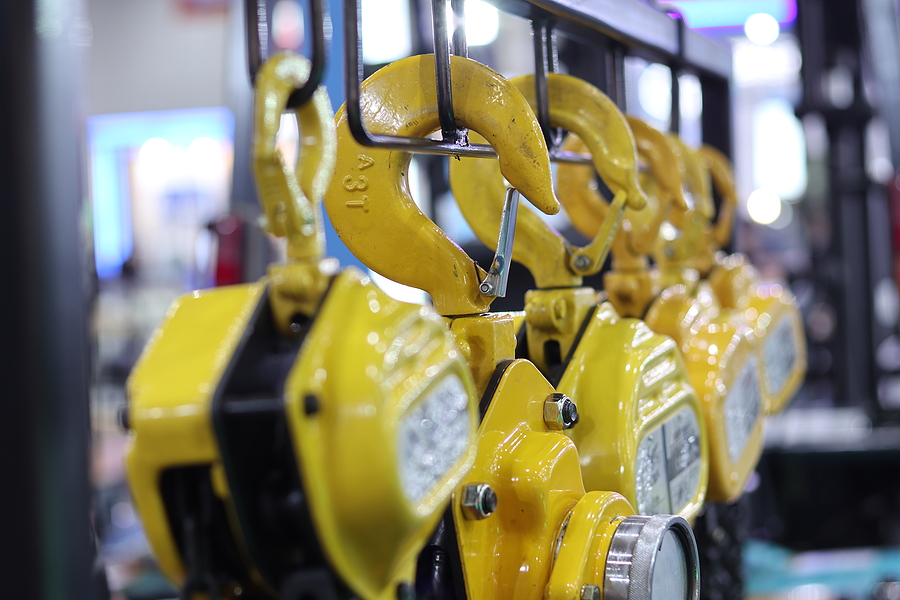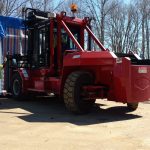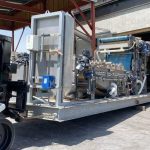Heavy Haul Trucking – Moving Your Equipment and Machinery Safely
Moving heavy industrial equipment requires highly skilled professionals to get the load safely from point A to point B. To the layman, transporting the load can appear to be the easiest part of the operation. However, heavy haul trucking is equally as hazardous as any other part of the operation and comes with its own unique risks.
Heavy Haul Trucking Hazards
There are numerous hazards associated with heavy haul trucking. Not only can these result in damage or injury to the load or the operator but also to nearby drivers, vehicles, and pedestrians. While not every hazardous situation can be avoided, heavy hauling professionals will have the experience and the foresight to minimize the potential risks.
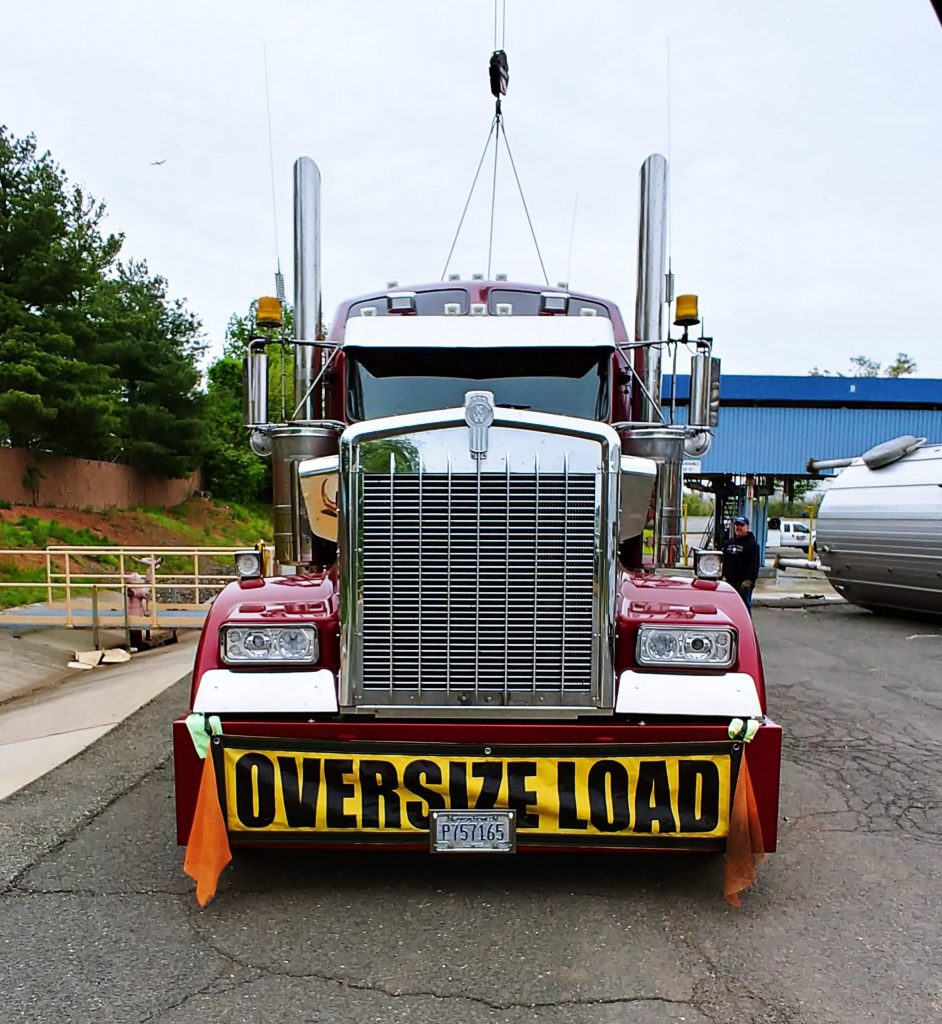
Increased stopping distance. The average stopping distance for a passenger vehicle is 133 feet. A tractor-trailer carrying a load of 80,000 pounds will, on average, require 196 feet. While 80,000 pounds is the legal limit for a typical oversized load, there are what are considered to be ‘oversized’ or ‘super’ loads. These exceed the normal limit and require special permits and additional stopping distance. With each additional 20,000 pounds, that distances increase by approximately 25 percent. Maintaining the proper stopping distance throughout the transportation process requires the skill and experience of a professional heavy haul operator.
Load height and clearance concerns. Weight is not the only issue to consider with heavy haul trucking. Height can also be an issue, as some loads can be very tall. Before beginning the journey, a professional heavy haul operator will accurately assess the height of their load and identify routes that allow them to avoid clearance obstacles such as overpasses or bridges. Neglecting to identify and follow an appropriate route could create hazardous situations such as colliding with an overpass or bridge. This can result in potentially dangerous traffic delays as well as damage to the load, the transporting vehicle or to the structure itself.
Tire failure. It’s important to ensure the tires on a heavy haul vehicle are in good condition before transporting heavy machinery or equipment. Large loads put extreme pressure on the vehicle’s tires and can cause a faulty tire to blow out. Tire failure on a heavy haul vehicle can create a variety of hazardous issues including traffic delays, motor vehicle accidents, load damage, and personal injury.
Rollovers. This typically takes place when a heavy haul vehicle is forced to make a sharp turn at an intersection or an on/off-ramp and the potential outcome of a rollover can be disastrous. Rollovers are often the result of an unevenly balanced load. It is critical to ensure the load is evenly balanced from side to side and front to back, that its center of gravity isn’t too high and that it is properly secured before hitting the road. Even the most experienced heavy haul operator will encounter issues if the vehicle is improperly loaded.
Jackknife Accidents. If a heavy haul vehicle has to make a sudden stop, the trailer can continue moving forward and swing around, causing the cab and trailer to fold together, similar to closing a jackknife. This typically triggers a complete loss of control and the potential for catastrophic traffic accidents involving multiple nearby vehicles.

Professional Heavy Haul Trucking
These are just some of the hazards associated with heavy haul trucking. They clearly demonstrate the importance of hiring a professional heavy haul trucking company when moving industrial machinery or equipment.
Heritage Industrial Services is a turn-key operation with the experience to handle every aspect of transporting your valuable cargo. We offer everything from rigging, trucking, and warehousing to the dismantling and reinstallation of large industrial machinery and safety is our number one priority.
Heritage Industrial Services is an expert in the transportation industry with years of experience and a full line of state-of-the-art logistics equipment to accommodate all of your trucking needs. Contact us for all your heavy haul trucking needs.
